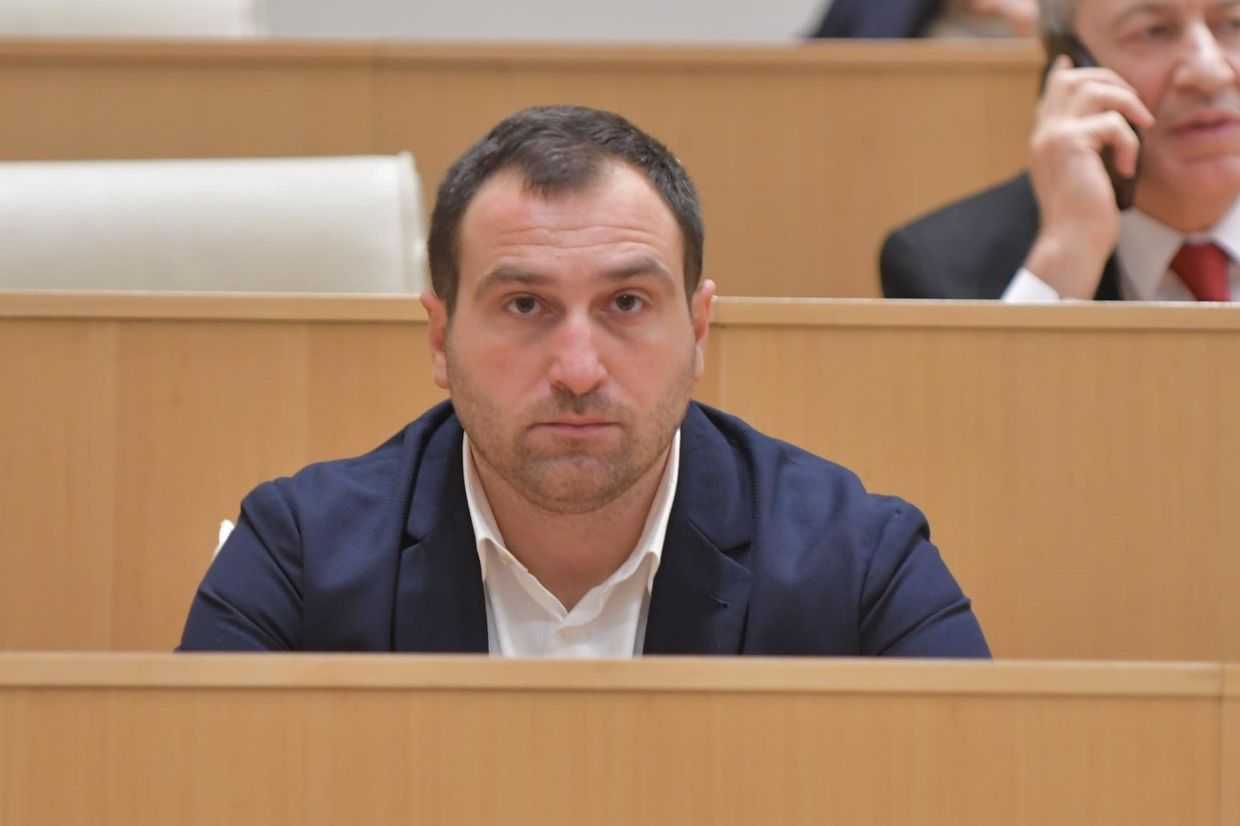How political psychiatry is finding a new life in Georgian propaganda
The Soviet Union’s toxic legacy of conflating dissent with mental ‘instability’ is remerging in the government’s attitudes towards protesters.

Orwell once wrote that ‘sanity is not statistical’. Yet in totalitarian systems, sanity becomes exactly that, a consensus of fear. To disagree is to be deviant; to dissent is to be sick.
The Soviet Union notably turned this moral algebra into medical doctrine. The practice, known as punitive psychiatry, allowed authorities to lock up critics in mental hospitals, discredit them publicly, and silence their voices under the guise of ‘treatment’. As noted dissident Andrei Sakharov warned in 1968, the vagueness of psychiatric language made it a perfect tool for repression. By the late 1970s, the abuse had become so blatant that the Soviet Union was expelled from the World Psychiatric Association.
In 1982, that machinery turned against a young Georgian woman named Nazi Shamanauri. Arrested for criticising the Soviet government, she and her mother were forcibly confined to a psychiatric hospital. Shamanauri’s personal diaries reveal horrific details of her treatment: she endured inhumane and degrading conditions, physical torture including broken teeth, and torment with instruments like lancets and spoons. She suffered repeated beatings and even attempted suicide under the unbearable pressure. Ultimately, she was discharged on 12 January 1983 in a severely debilitated state, and died just days later on 20 January.
While the Soviet Union eventually collapsed, the toxic legacy of conflating dissent with mental ‘instability’ did not disappear. Several recent cases, including that of Nino Datashvili, expose how the ghosts of Soviet repression have returned, disguised in modern bureaucracy.
A new form of moral punishment
Datashvili was detained in June 2025 in connection with an incident at the Tbilisi City Court, where she was accused of assaulting a public servant during her official duties. After the court remanded her to pre-trial detention, the prosecution requested a psychiatric evaluation. Datashvili’s lawyers stated that the prosecution’s request was based on medical records originally submitted by the defence. These records indicated that Datashvili suffers from severe and worsening spinal conditions. It was noted that she experienced psycho-emotional lability as a related symptom.
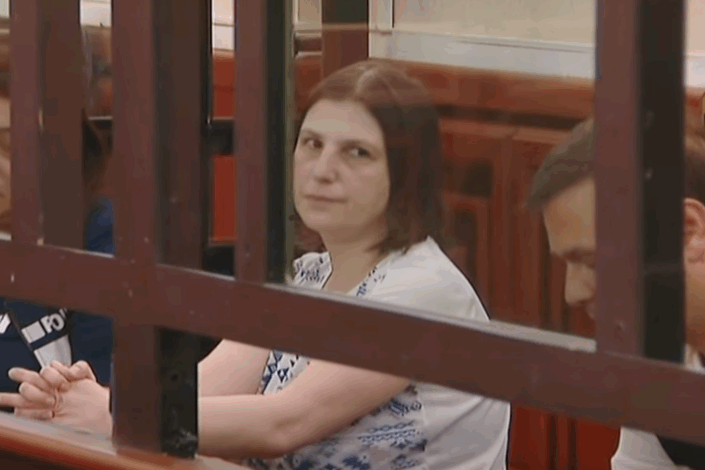
Shortly after, government-affiliated media outlets and Georgian Dream supporters began making statements about Datashvili’s mental and psychological health, using terms like ‘psychological instability’ to describe her condition. Human rights organisations and Datashvili’s lawyers argued that this was a ‘targeted campaign against activists’, an unlawful and politically motivated attempt to silence dissent and discredit her activism.
In August, Datashvili and her lawyer, Tamar Gabodze, revealed at a court hearing that expert evaluations had been quietly conducted on the activist the day before, without her lawyer being informed. Gabodze noted that among the experts who examined Datashvili was David Maghradze, the Head of the Department of Psychiatric Expertise, and the same doctor who, in 1982, took part in the case of Nazi Shamanauri.
While Tbilisi City Court has since replaced Datashvili’s pre-trial detention with bail, this move only came after her spinal condition sharply deteriorated, leaving her in need of two surgeries, including one on her cervical spine
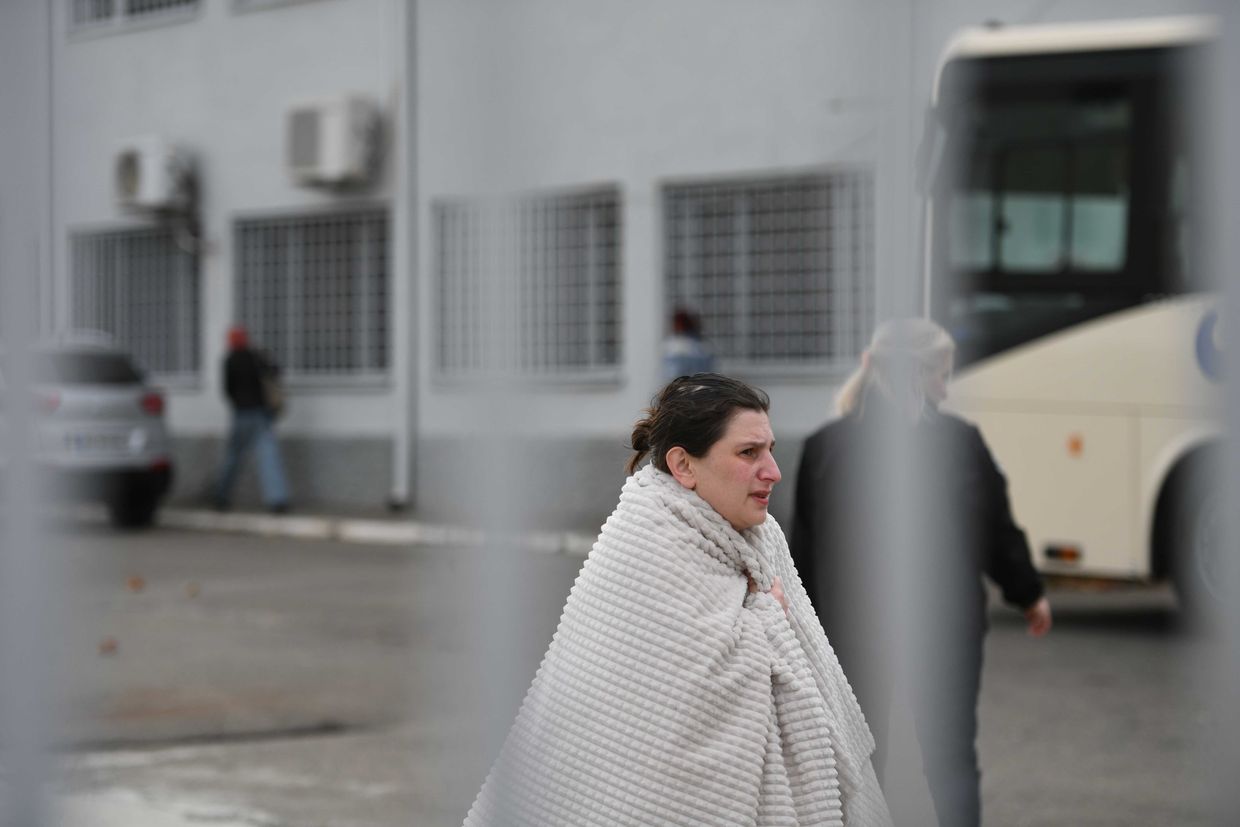
Datashvili’s case is not isolated. In recent months, similar tactics have been used against other civic activists, including Nino Kalandia.
Kalandia’s activism began in 2015 with a personal struggle against the Social Services Agency. The fight started when she encountered bureaucratic barriers while caring for her daughter, a 12-year-old girl with Down syndrome, whom she had first met as a seven-month-old in an orphanage and later adopted.
What began as an effort to secure her child’s rights soon grew into a broader campaign for social justice. By 2019, Kalandia had become one of the loudest advocates for equality, inclusion, and accountability within Georgia’s public institutions.
Speaking with OC Media, Kalandia discussed her experiences as a frontline protester, reflecting on how the language of ‘madness’ has re-emerged in Georgian political discourse. She warned that labeling activists as unstable or ‘crazy’ is becoming a new form of moral punishment, echoing Soviet practices once used to silence dissent.
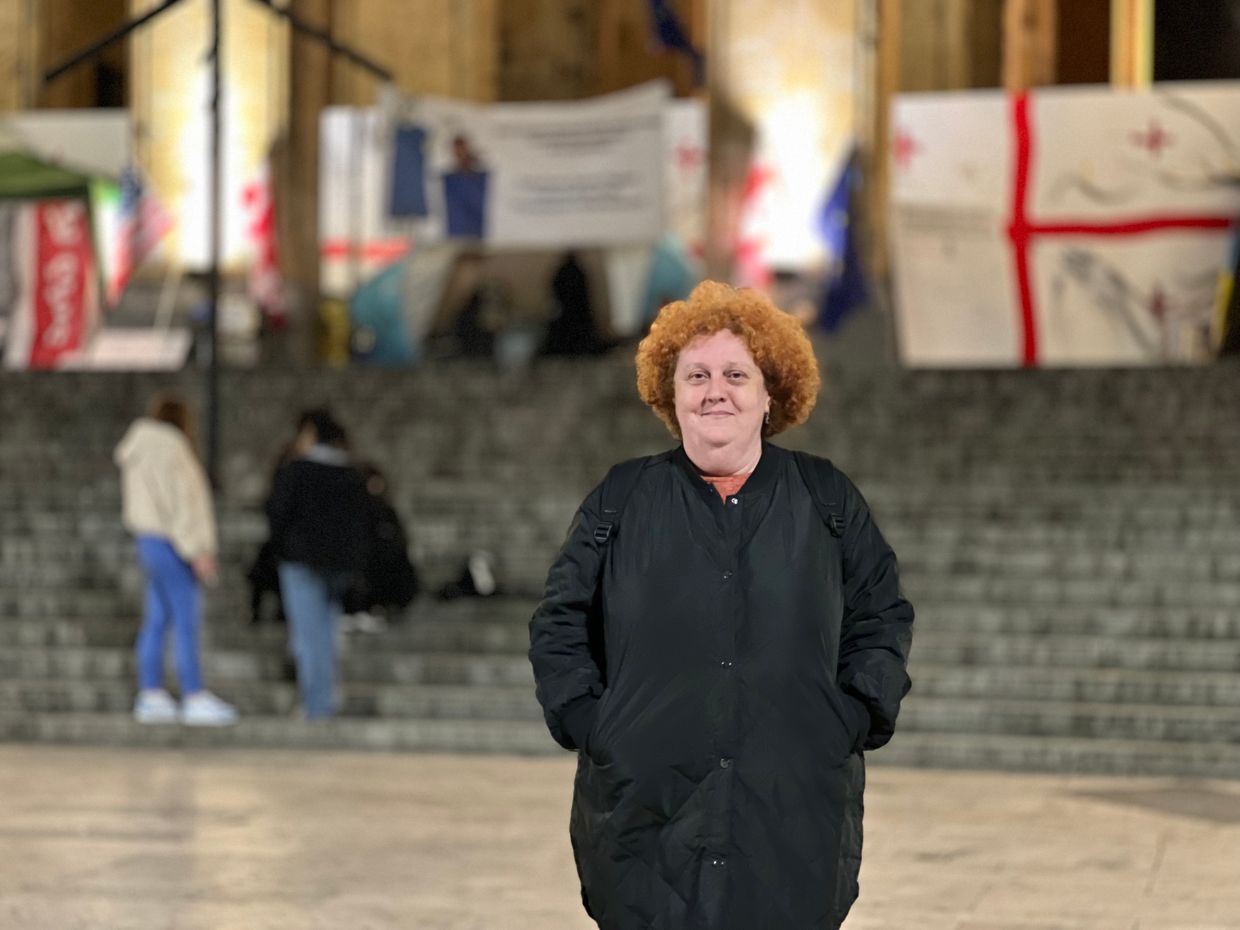
Ironically, just days after our conversation, the pro-government channel PosTV aired a segment targeting her personally. The attack focused not on her words or actions, but on her appearance — her bright hair and expressive style were presented as supposed ‘evidence’ of mental instability.
‘With this, they’re now trying to discredit the protests’, Kalandia says. ‘They’ve already tried many different ways to smear them, and most of those attempts failed. Now they’re using this dirty tactic, and unfortunately, many people have taken the bait and started repeating it: “If they’re crazy, they should’ve stayed home” ’.
Kalandia’s concern goes beyond herself.
‘People with mental health problems are under great risk and danger in this country today, and it’s a very sad reality’, she says. ‘Somehow, all the small improvements that had been made in this area have been completely erased, all that work has gone to waste. Just like everything else in this country, whatever effort anyone made to make things better has been destroyed. And now, when these people are gone and someone new comes in, they’ll have to rebuild everything from the ground up’.
Framing the protest as a ‘revolution of madmen’
Georgia’s current wave of daily anti-government protests originally erupted in November 2024, after Prime Minister Irakli Kobakhidze announced that the government would halt the country’s EU membership bid. Over time, the authorities have enacted consistently stricter tactics, as well as propagandistic language, to attempt to lessen the number of protesters and their impact.
‘Everywhere I can reach, I develop this idea — about lunatics’, Shalva Ramishvili, the country’s chief propagandist said on PosTV in early October.
In recent weeks, nearly all of his public appearances have been saturated with talk of ‘madness’ and ‘activists’, filled with heavy-handed labeling, joined by his peers in the same tone.
Following the particularly large protest on 4 October 2025, which coincided with Georgia’s municipal elections, pro-government media intensified their focus on mental health, adopting a thoroughly negative, discriminatory, and stigmatising tone. Protesters were openly labeled as ‘crazy’ and ‘insane’, while the 4 October demonstration was deliberately dismissed as a ‘madmen’s failed revolution’.
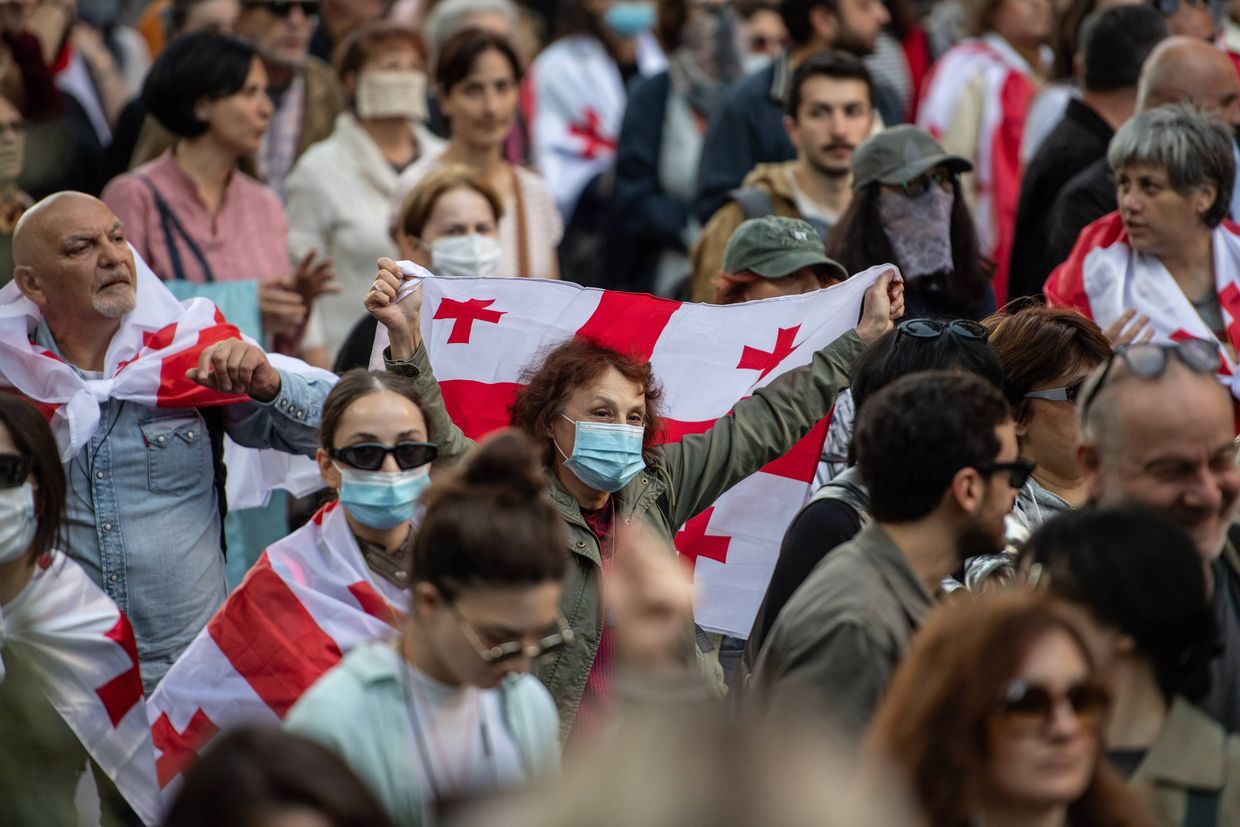
On 11 October, PosTV aired an episode of its programme Conservatory, during which the host and invited guests made discriminatory remarks about participants of the ongoing protests. They again described the demonstrations as ‘a revolution of madmen’, and referred to the protesters as ‘the most inadequate’, suggesting that many suffered from mental instability. The discussion went so far as to call for greater state involvement in psychiatry, including proposals for establishing ‘more psychiatric hospitals’.
In another broadcast on the same channel, a presenter casually said, ‘If you’re not crazy, why would you go to [the protests]?’. This chilling statement directly echoed a Soviet-era narrative that ‘only the insane would rise against the socialist order’.
This same narrative soon spread across other TV programmes, even reaching the country’s top political figures.
Following the 4 October clashes near the President’s Palace, Parliamentary Speaker Shalva Papuashvili adopted the same language used by propagandists to delegitimise dissent: ‘What can the opposition or their media say? “We know ourselves that we are crazy, and if we are crazy, why didn’t you stop us with mines or machine guns?” ’
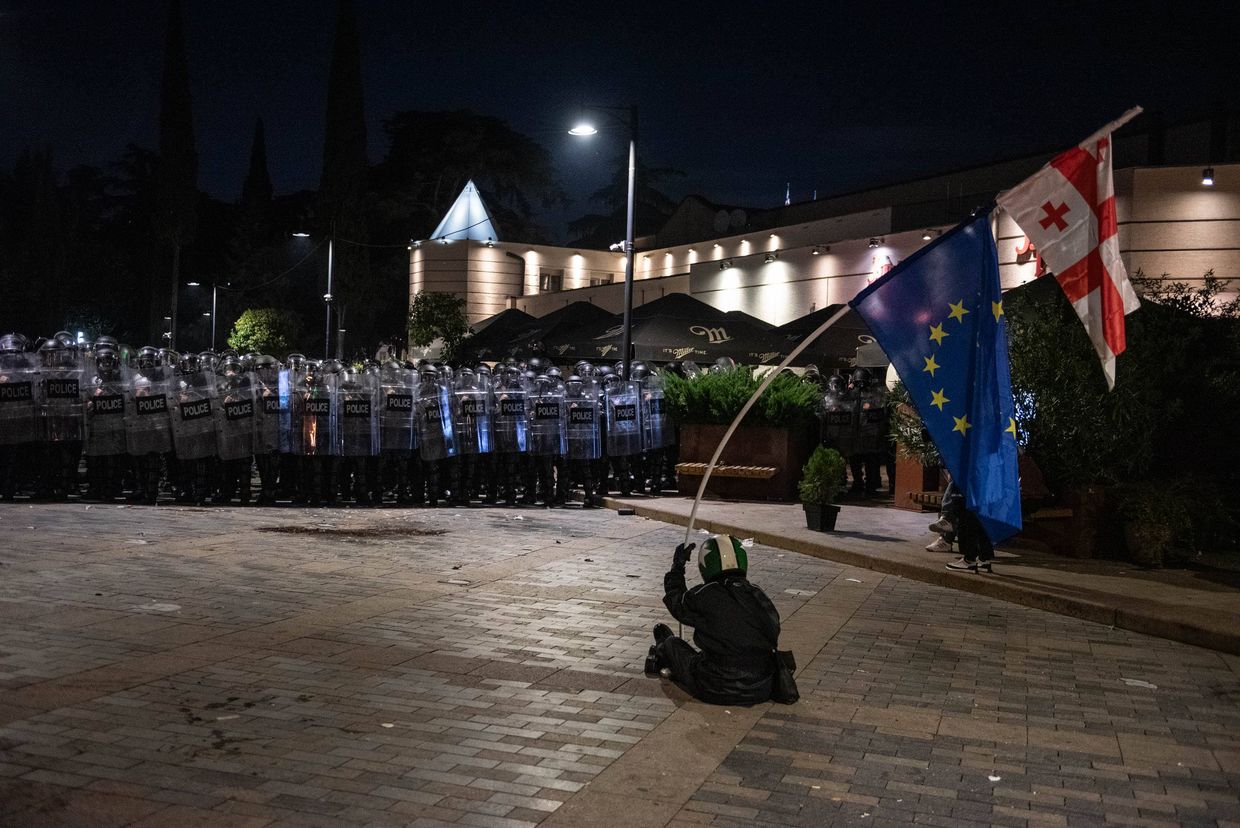
Before that, the leader of the libertarian party Girchi — New Political Centre, Iago Khvichia, made a statement during a televised programme: ‘The organisers who hold “ownership” of this protest, who actually drove away normal people from the rally, are left with their own friends, madmen and “freaks”. And you want these “freaks” to defeat Bidzina? I’m telling you, that’s not how you’ll beat Bidzina’.
The sanity of resistance
According to political scientist Lasha Dzebisashvili, ‘this is a typical manifestation of a regime that has its moral, value-based, and historical roots exactly there — in Russia and in the Soviet Union’. He notes that during such totalitarian regimes, ‘politically unreliable individuals were systematically filtered out from society and then isolated’.
He argues that the same tactics have been used against the former presidents of independent Georgia.
‘For example, [former dissident and the first president of Georgia] Zviad Gamsakhurdia was portrayed by the Russians as mentally unstable, they called him crazy, saying he was unhinged. “Look at how emotionally he leads rallies”, they said. “He’s not mentally fit; how could the country trust him?” ’.
The same pattern, he notes, was repeated with former president Mikheil Saakashvili, with Russian media massively portraying Saakashvili as a leader with psychological problems.
‘It was one of the strongest propaganda messages’, Dzebisashvili tells OC Media. ‘His political opposition began using the same narrative. The image of the “crazy” leader, always running, restless, unable to stop, became a powerful tool to discredit him’.
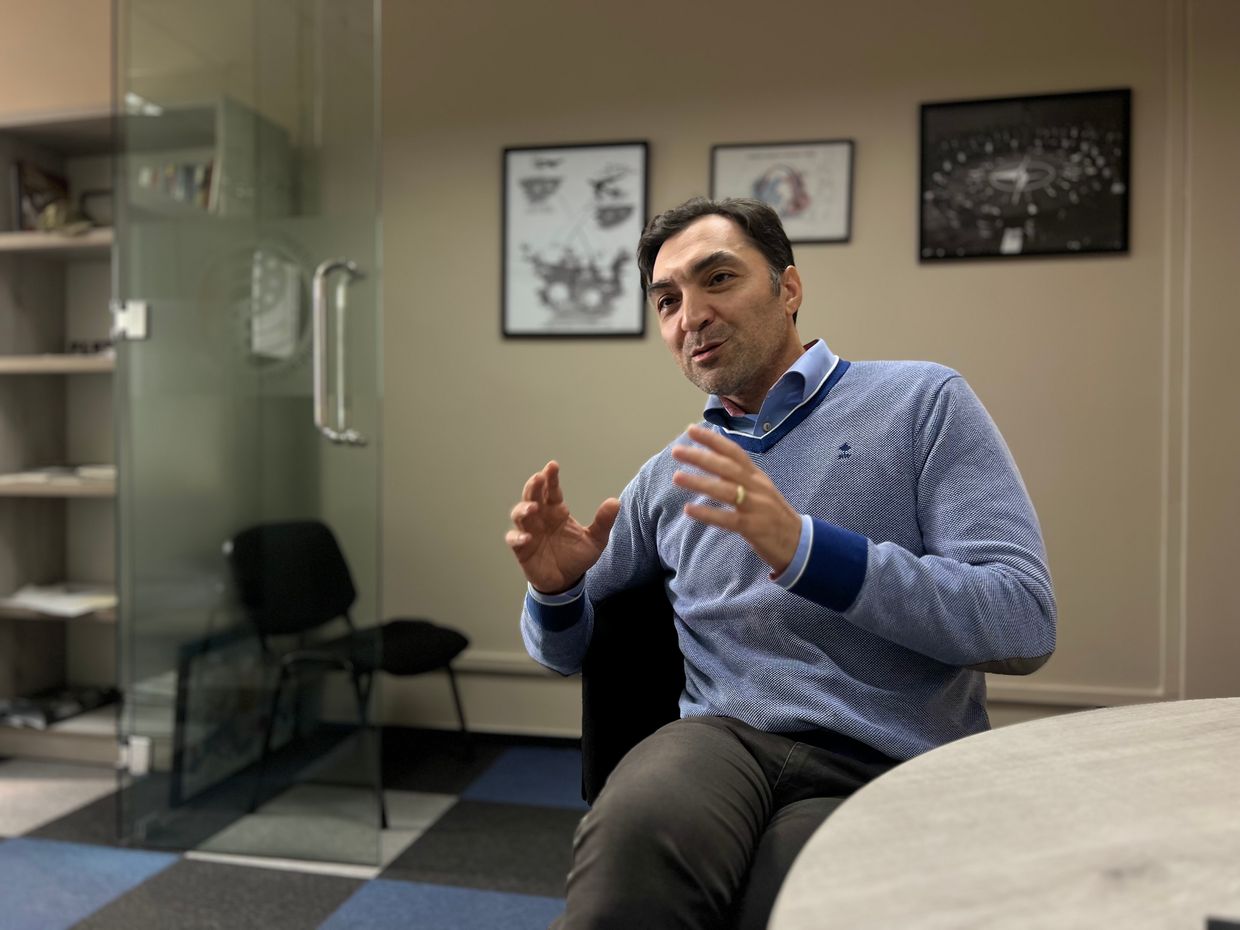
Dzebisashvili notes a clear distinction between the two regimes, however.
‘In the Soviet Union, ideology, the socialist-communist worldview was the main force shaping the entire social, economic, and political system. Today’s regime, by contrast, lacks any such ideological foundation. It operates more like a mafia-style structure, where security institutions merely serve as its loyal enforcers’.
He also notes that such propaganda has particularly targeted women, framing such activists as people ‘uncharacteristic of our society, just look at them, how they look, how they act’.
Indeed, for women on Georgia’s front lines of protest, defamation has become a predictable sequel to dissent.Anuki Chrdileli’s activism began back in 2019, after the Gavrilov’s Night protests in Georgia. She spent countless days and months protesting on Rustaveli Avenue.
On 2 September 2025, during protests against a report by an anti-opposition parliamentary commission placing blame on the August 2008 War on the formerly ruling UNM party, Chrdileli was detained while standing on the pavement on Rustaveli Avenue. She was filming the arrests of other protestors on her phone when the authorities detained her. A court later fined her ₾4,000 ($1,500).
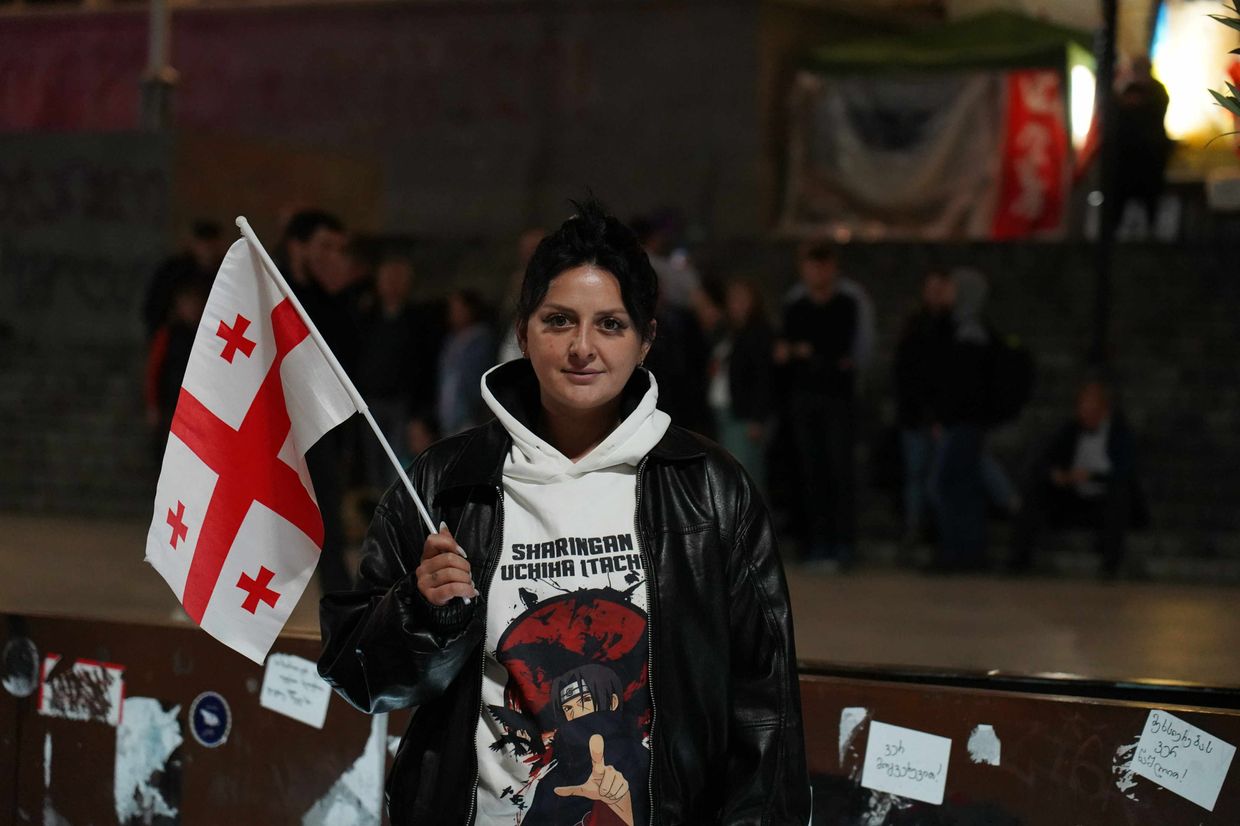
Shortly after her arrest, media began sharing information that she was the daughter of Otar Chrdileli, a two-time MP and a candidate for the Tbilisi City Council elections at that time. Within hours, political experts aligned with Georgian Dream began spreading distorted claims about her mental health. Some social media posts also circulated narratives portraying her as an easy target for manipulation and political exploitation.
One such example of this was by MP Tamta Megrelishvili, a member of the Georgian Dream spin-off People’s Power, who wrote a public post on social media where she portrayed Anuki Chrdileli as estranged from her father and claiming that he only ‘covered her psychiatric treatment abroad’, implying she had mental health problems. Megrelishvili then generalised her claims to other individuals involved in the protests. Other supporters of the ruling party and some political commentators — including Gia Abashidze, Nino Pochkhua, and David Chikhelidze — also joined this narrative and spread false information about Chrdileli’s mental health.
Speaking with OC Media, Chrdileli said she thought the goal of the stigma against her was to shame and isolate her, making her feel like an outcast in society.
‘[They want to] make you stand out like a white crow in the crowd, leprous, and somehow separated from society’, she says.
She notes that a secondary goal was to attach a stigma, which devalues any further actions she takes.
‘If they call you crazy, they try to make you as unbelievable as possible, like some vulnerable people not even worthy of being listened to. If you ask me how that made me feel, on the contrary, it only made me stronger’, Chrdileli says.
However, she acknowledges that if such tactics continue, they could serve as a powerful propaganda tool.
‘I hope they won’t be able to continue this for so long that it settles in people’s minds. If this process drags on for a long time, then the settling of this propaganda would […] work very well’, she warns.





